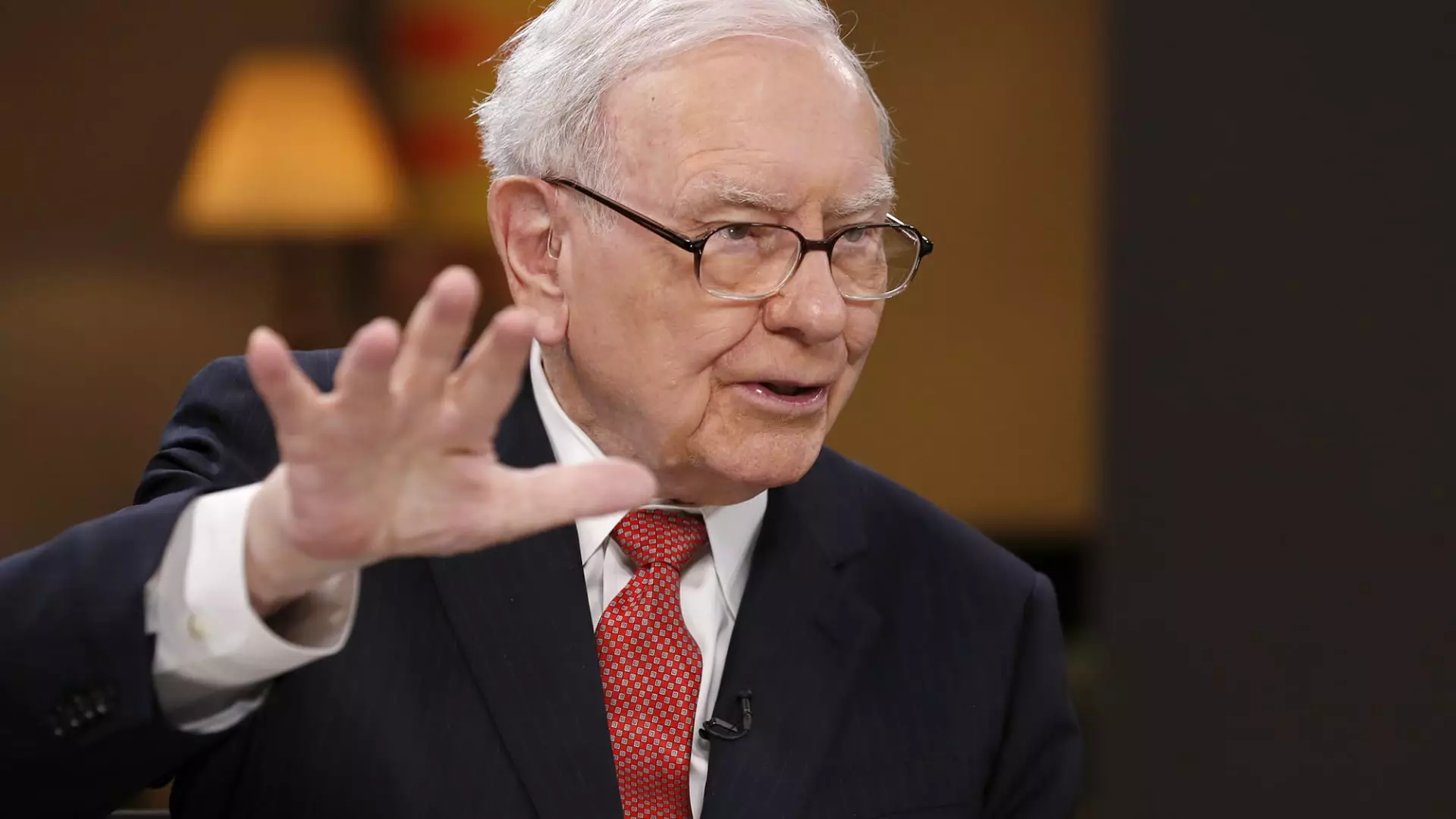Warren Buffett, one of the most successful investors in history, with a personal fortune estimated at $150 billion, has consistently challenged the traditional notions surrounding wealth inheritance. Instead of bequeathing a colossal estate to his children, Buffett has taken a markedly different path by designating three independent trustees to manage his philanthropic efforts. This noteworthy decision comes alongside significant donations, including $1.1 billion worth of Berkshire Hathaway stock redirected to four family foundations. Buffett’s actions reflect a deep-seated belief that creating dynastic wealth can lead to adverse consequences, energizing an important discussion about the ethics and implications of how wealth is passed down through generations.
Buffett articulates a clear concern regarding the establishment of family wealth dynasties. He suggests that large inheritances could hinder personal development and strain familial connections. Additionally, this practice can create societal disruptions, as the distribution and application of wealth in the future become increasingly uncertain. The legendary investor, often referred to as the “Oracle of Omaha,” emphasizes that while he fully trusts his children, he cannot predict how future generations will value and manage wealth. The unpredictability of priorities, intelligence, and dedication among successive generations raises eyebrows. His candid reflection underscores the complexities at play when dealing with substantial inheritances.
“I have never wished to create a dynasty or pursue any plan that extended beyond the children,” Buffett asserts in a recent communication. This perspective reveals a profound respect for meritocracy and self-determination that counters the prevalent phenomenon of wealth-borne entitlement. Buffett believes that it is crucial for wealth to serve a purpose, ideally championing social causes rather than padding the pockets of future heirs.
Buffett’s recent moves indicate a strategic approach to his charitable giving. As he prepares for the eventual allocation of his wealth, he has chosen three trustees—whose identities remain undisclosed—to potentially manage his philanthropic trust. This step reflects a critical aspect of his philosophy: he holds trust in his children’s abilities but provides additional layers of governance to ensure long-term accountability and effectiveness in the distribution of assets.
As his children age—currently 71, 69, and 66—Buffett acknowledges that they may not be positioned to fulfill this role adequately due to their advancing age. Rather than leave everything in their hands, he prefers to have a responsible framework in place, thus ensuring that the capital can be channeled to impactful causes in a meaningful way. The children have had the opportunity to engage with high-stakes philanthropy, and this experience equips them with the skills necessary for responsible stewardship of wealth.
Buffett’s philosophy is grounded in his observations from 2006 to 2024. It is during this time that he has watched his children closely, gaining confidence in their philanthropic ambitions and managerial capabilities. He remarks that they enjoy financial comfort but are not consumed by wealth, instilling the values of responsible stewardship that their mother imparted upon them. This belief in their character underlines his commitment not just to wealth distribution, but to wealth with purpose.
The Berkshire Hathaway Influence
Berkshire Hathaway, which recently achieved a staggering $1 trillion market capitalization, serves as a testament to Buffett’s business acumen. The conglomerate has an impressive portfolio of diversified interests spanning insurance, railroads, and consumer goods. Notable subsidiaries include Geico, BNSF Railway, Dairy Queen, and See’s Candies. This vast array of businesses provides a robust platform from which Buffett can execute his philanthropic vision.
Warren Buffett’s reflections on wealth distribution reveal a thoughtful and purpose-driven approach to philanthropy that diverges significantly from traditional practices of inheritance. By prioritizing social impact over dynastic wealth, he sets a powerful example that encourages other wealthy individuals to consider the broader implications of their philanthropic efforts. Ultimately, Buffett’s legacy will not simply be measured in financial terms, but rather in the enduring impact that his generous acts have on society.


Leave a Reply